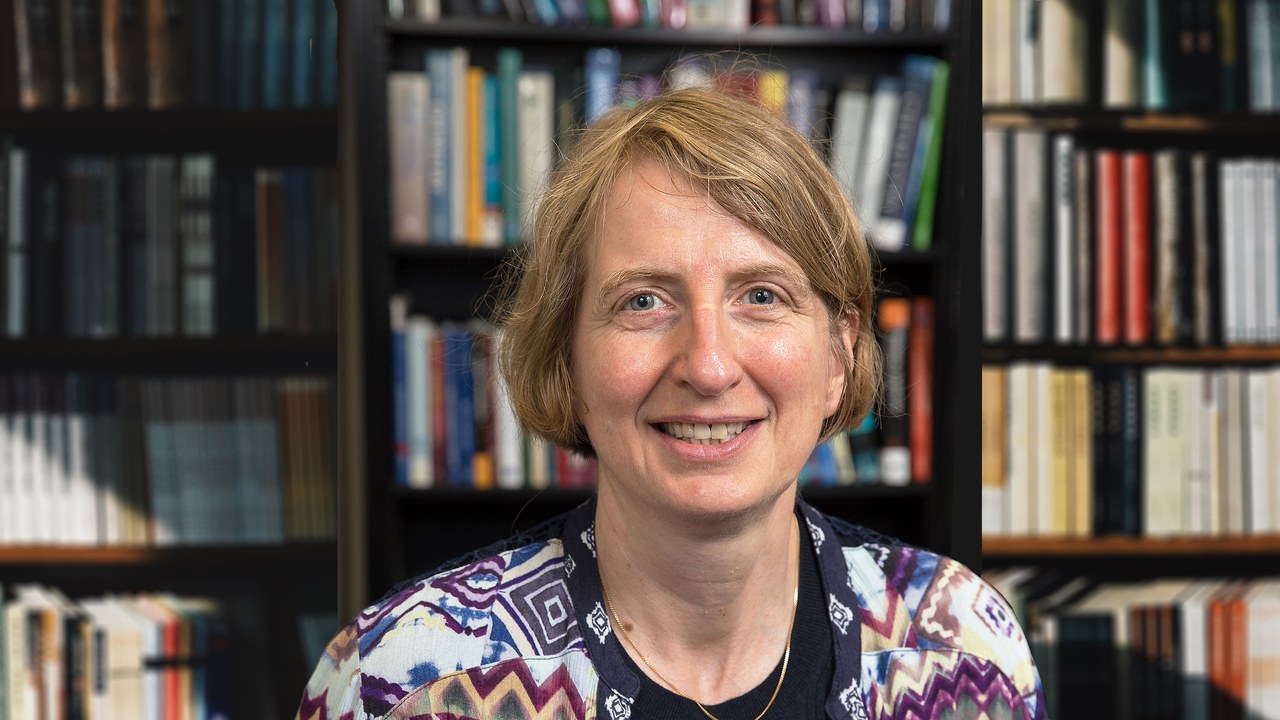Françoise Remacle: Quantum parallelism at room temperature by coherent excitonic dynamics of an ensemble CdSe quantum dot dimers
Colloquia
- Speaker
-
Françoise Remacle
Theoretical Physical Chemistry, University of Liège, Belgium - When
-
2023/04/27
16:00 - Place
- DIPC
- Add to calendar
-
iCal

Theoretical Physical Chemistry, University of Liège, Belgium
The ultrafast fs electronic coherences can be experimentally characterized in semi-conducting colloidal quantum dot (QD) assemblies at room temperature by two-dimensional electronic spectroscopy (2DES). These electronic coherences exhibit a wide range of beating periods and provide a versatile basis for parallel quantum information processing on a fs time scale at room temperature. An excitonic model Hamiltonian based on the effective mass approximation is used to compute the quantum dynamics. It includes the Coulomb, spin-orbit and crystal field interactions that give rise to the fine structure splittings. The interdot distance is sufficiently small to allow for efficient interdot coupling and delocalization of the excitons over the two QDs of the dimer. To account for the inherent few percent size dispersion of colloidal QDs, the optical response is modeled by averaging over an ensemble of 2000 dimers. The size dispersion is responsible for an inhomogeneous broadening that limits the lifetimes of the excitonic coherences that can be probed to about 150-200 fs.
We use the dynamics of the electronic coherences as they are probed in 2DES to design quantum emulators of non equilibrium vibrational dynamics of a linear triatomic molecule. The implementation relies on the underlying Lie algebraic structure of the hardware system: the N quantum levels of the QD dimers provide N2-1 observables, the N(N-1) electronic coherences and N-1 populations, which allows for processing N2-1 logic variables in parallel. Furthermore, the use of the classical ensemble allows a simultaneous reading of the observables.
Prof. Frenk's web page
Wikipedia article
About the speaker
Prof. Françoise Remacle studied chemistry at the University of Liège in Belgium where she obtained her PhD. After a postdoctoral stay at the Hebrew University in Jerusalem she returned to Liège as a researcher of the Fonds National de la Recherche Scientifique and was promoted to research director of the FNRS in 2005. Since 2001, she heads the Theoretical Physical Chemistry group. Her research focuses on theoretical physical chemistry and computational chemistry, in particular molecular logic, attochemistry, dynamics of excited states and the control of energy and charge transfer. She has received several honors and awards, among them the Prix Louis d'Or of the Société Royale des Sciences de Liège and the Emmy Noether distinction of the EPS. She is Fellow of the APS.
